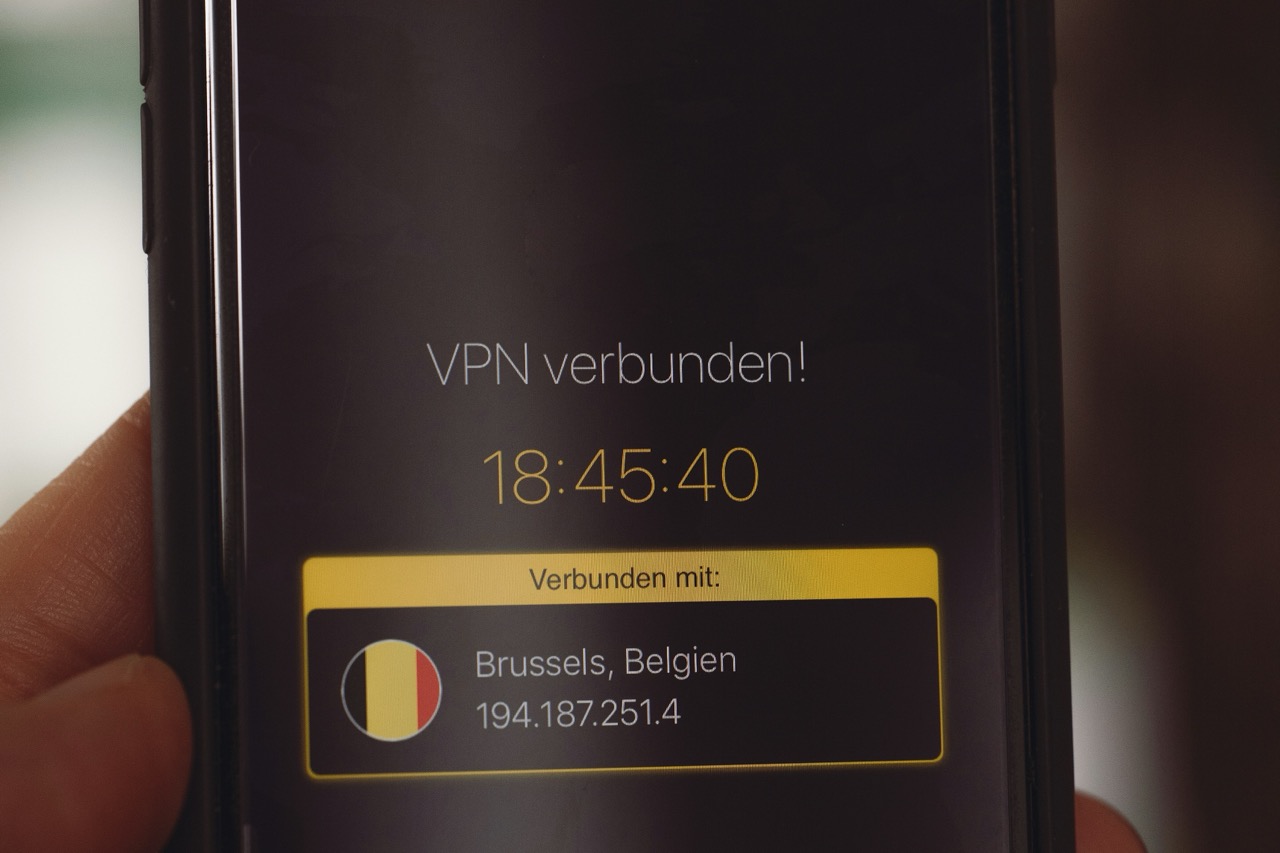In the digital age, online privacy has become a pressing concern for many internet users. One of the primary threats to this privacy comes from Internet Service Providers (ISPs), which have the capability to monitor and track users’ online activities. This article delves into how a Virtual Private Network (VPN) can effectively prevent ISP tracking, emphasizing the mechanisms through which VPNs operate and the best practices for users seeking to enhance their online privacy.
Understanding ISP Tracking: Risks and Implications
ISPs have access to a wealth of information about their customers, including browsing history, online activities, and even personal data. This capability stems from their position as intermediaries between users and the internet. They can collect data through various means, such as logging user activity and tracking metadata associated with internet traffic. The risks associated with ISP tracking are significant, including potential misuse of data for targeted advertising, selling information to third parties, or even government surveillance.
Moreover, ISP tracking raises concerns about data privacy and user autonomy. Users may be unaware of the extent to which their online behavior is monitored, leading to a false sense of security while browsing the web. The implications are far-reaching; for instance, users may find that their browsing habits influence the content they see or the price they pay for services. Additionally, in a world where data breaches are common, the aggregation of user data by ISPs presents an attractive target for cybercriminals.
Ultimately, the risks and implications of ISP tracking necessitate proactive measures by users concerned about their privacy. Understanding these risks is the first step toward implementing effective solutions, such as utilizing VPN technology to safeguard online activities from prying eyes.
The Role of VPNs in Enhancing Online Privacy
A Virtual Private Network (VPN) serves as a crucial tool for enhancing online privacy by creating a secure and encrypted connection between a user’s device and the internet. By routing internet traffic through a VPN server, users are able to mask their IP addresses, making it difficult for ISPs to connect online activities to individual identities. This process not only protects users from tracking but also shields them from potential data breaches and cyber threats.
In addition to anonymity, VPNs provide a layer of security for users accessing public Wi-Fi networks. Such networks are often less secure and can expose users to threats like data interception or unauthorized access. By using a VPN, users can encrypt their data, making it significantly harder for malicious actors to capture sensitive information such as passwords or credit card details.
Ultimately, VPNs empower users to take control of their online presence and privacy. By understanding the importance of these tools in safeguarding personal data, users can navigate the digital landscape with greater confidence and security, free from the constant watch of ISPs.
How VPNs Encrypt Your Data and Mask Your IP Address
One of the fundamental ways in which VPNs enhance privacy is through data encryption. When users connect to a VPN, their data is transmitted through a secure tunnel, employing robust encryption protocols that convert readable information into ciphertext. This means that even if data is intercepted, it remains unintelligible without the appropriate decryption key. Various encryption standards, such as AES-256, are commonly used, ensuring that even sophisticated attackers would struggle to access or interpret the encrypted data.
In conjunction with encryption, VPNs mask users’ IP addresses, providing an additional layer of anonymity. When a user connects to a VPN server, their original IP address is replaced with the IP address of the server. This process effectively hides the user’s geographical location and browsing activity from ISPs and other third parties. As a result, users can navigate the web without revealing their true identity, making it significantly more challenging for ISPs to track their online behavior.
By employing both encryption and IP masking, VPNs create a more secure online environment. These features not only protect users from ISP tracking but also from a range of other privacy threats, including hacking attempts and tracking by advertisers seeking to profile user behavior for targeted marketing.
Mechanisms Behind VPNs: Tunneling Protocols Explained
VPNs rely on a variety of tunneling protocols to establish secure connections between users and servers. Tunneling protocols dictate how data packets are encapsulated and transmitted through the VPN tunnel. Popular protocols include OpenVPN, L2TP/IPsec, and IKEv2/IPsec, each with its own advantages and limitations regarding security, speed, and ease of use.
OpenVPN, for instance, is widely regarded for its high level of security and flexibility. It employs SSL/TLS for secure key exchange, making it one of the most trusted protocols in the industry. L2TP/IPsec, on the other hand, combines the tunneling capabilities of L2TP with the encryption of IPsec, offering a secure alternative but often at the cost of speed. IKEv2/IPsec is known for its stability, particularly on mobile networks, allowing users to maintain secure connections even when switching between Wi-Fi and cellular data.
Understanding these protocols is essential for users seeking optimal VPN solutions. The choice of a tunneling protocol can significantly impact both the security of the connection and the overall user experience, particularly in terms of speed and reliability while browsing the internet.
Comparing VPNs: Effectiveness Against ISP Monitoring
Not all VPNs are created equal when it comes to preventing ISP tracking. Users must consider various factors to assess the effectiveness of a VPN in safeguarding their online privacy. Key considerations include the logging policy of the VPN provider, the strength of encryption used, and the range of tunneling protocols available. A no-logs policy, for instance, ensures that the VPN provider does not store any data that could be used to identify users’ online activities.
Another important factor is the geographical location of the VPN server. Providers based in jurisdictions with strict privacy laws may offer better protection against ISP monitoring than those in less regulated regions. Additionally, users should assess the VPN’s ability to bypass ISP throttling, wherein ISPs intentionally slow down connections based on usage patterns. A robust VPN can mitigate these practices, ensuring that users experience consistent internet speeds regardless of their activities.
By comparing VPNs based on these criteria, users can select a service that effectively shields their online presence from ISP scrutiny. This evaluation process empowers users to make informed decisions, ultimately enhancing their ability to maintain privacy in an increasingly monitored digital landscape.
Best Practices for Maximizing VPN Protection Against ISPs
To fully leverage the protective capabilities of a VPN against ISP tracking, users should adopt certain best practices. Firstly, it is crucial to choose a reputable VPN provider with a proven track record of privacy and security. Researching user reviews, independent audits, and service features can provide insights into the reliability of a VPN service.
Secondly, users should always ensure that they are using the latest version of their VPN software. VPN providers frequently update their applications to address security vulnerabilities and improve performance. By keeping the software up-to-date, users can take advantage of new security features while minimizing the risk of exposure to threats.
Lastly, users should consider enabling additional security features provided by their VPN, such as a kill switch or DNS leak protection. A kill switch automatically disconnects the internet connection if the VPN fails, preventing accidental exposure of the user’s IP address. DNS leak protection ensures that DNS queries are routed through the VPN tunnel, further safeguarding user privacy. By implementing these best practices, users can maximize their VPN’s effectiveness in preventing ISP tracking.
In conclusion, a VPN serves as a vital tool for those seeking to protect their online privacy from ISP tracking. By understanding the risks associated with ISP monitoring, the role of VPNs, and the mechanisms behind their operation, users can make informed choices to enhance their digital security. Implementing best practices, such as selecting a reputable VPN provider and leveraging advanced security features, can further empower users in their quest for a more private and secure online experience. As the landscape of internet privacy continues to evolve, utilizing a VPN remains one of the most effective strategies for ensuring personal data protection in a connected world.










